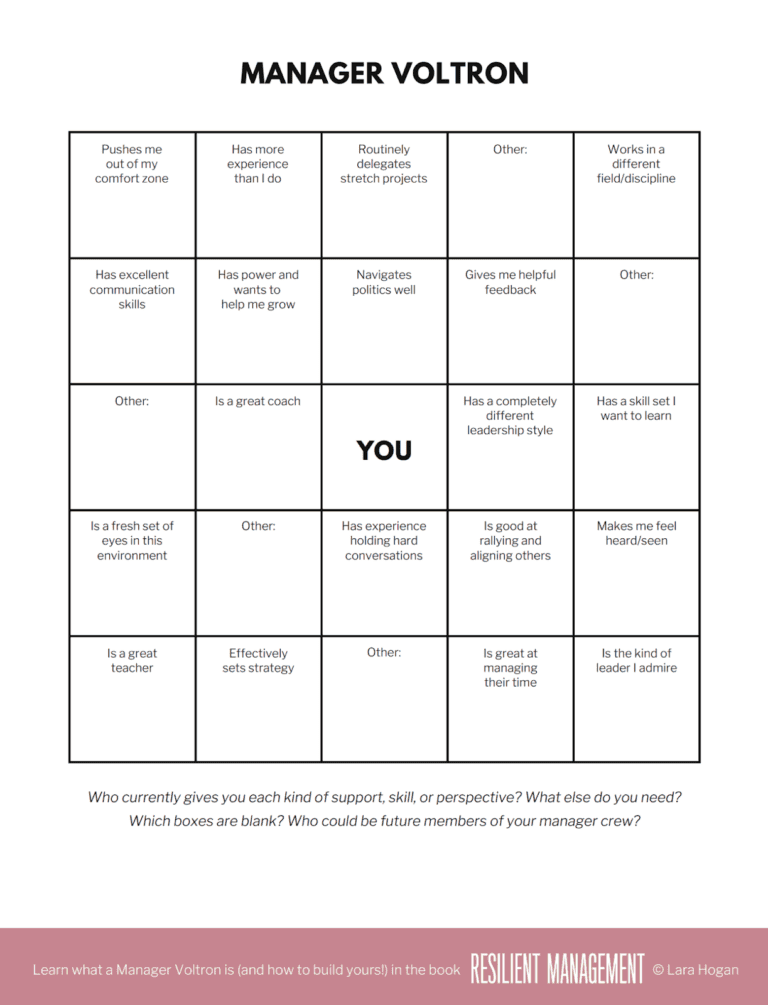Generalists vs. Specialists: Figuring Out Your Path
Last month, I had the opportunity to join Jen Dary on her podcast, Be Plucky. The conversation was great, and we covered a lot of topics. We unpacked the merits and nuances of growing as a generalist and/or a specialist. I also had the chance to reflect on and share my experience in changing roles and making a few specialization shifts in my career.

By: MJ Jayaraman

Last month, I had the opportunity to join Jen Dary on her podcast, Be Plucky. The conversation was great, and we covered a lot of topics. We unpacked the merits and nuances of growing as a generalist and/or a specialist. I also had the chance to reflect on and share my experience in changing roles and making a few specialization shifts in my career.
After the podcast came out, I was surprised by two strong themes that emerged from the feedback I received. Almost everyone who reached out mentioned:
- They didn’t know career coaching was a thing
- The idea of timeboxing a role change experiment (like going from engineer to manager) for two years was bang-on
Let’s dive deeper into these observations.
Career coaches exist, and yes, people use them
Full disclosure: before I appeared on Jen’s podcast, I had a career coaching session with her—which was very impactful.
Career coaches can help you get unstuck and recognize you need a change. One area that was of significant help to me was finding options I had yet to consider. Let’s face it, you don’t know what you don’t know. That seems obvious, but when I was stuck in a research job in Bioinformatics, I had no idea I could get into tech or programming.
I walked into the UMich career center and talked to a counselor, which made a difference. Here I am, 13 years later, loving my career in tech.
Similarly, when I wanted another change in my career, I talked to many career coaches to get their advice and acquire tools to help me make a plan around what I wanted to do next—and why. Platforms like Better Help are available to assist in finding compatible coaches who can navigate these challenges. Ultimately, working with a career coach can significantly impact one’s career path and success.

Another way to get help is by intentionally building your group of trusted coaches and mentors. Lara Hogan provides an excellent framework to build this “Manager Voltron,” as she calls it.
In my conversation with Jen, we talked about building those connections and being intentional in growing and developing your Manager Voltron to help inspire and unblock you.
Timeboxing—and the experimentation mindset—can work even for role changes
After the podcast, I received feedback along the lines of, “Good on you for setting a two-year boundary for trying on the manager hat.”
At all stages of my career, approaching challenges and asking for them was more manageable when I thought of them as timeboxed experiments. This allowed me to try, prioritize what I wanted from the challenge or change, and then re-evaluate. I went from a full-stack developer to a platform engineer using this thinking. I then spent five years of my career loving the work and growing in that space. Then, I felt curious and ready to try the manager hat, with the caveat that it was okay if I turned around after two years and said, “Nope, not for me, and here’s why.”
I need the strict timebox to ensure I have guardrails in place to help me and remind me not to bail too early. It also helps not to spend too much time without truly pushing myself in order to make the best of the opportunity. Two years felt like a reasonable amount of time to give me the space to adjust, prioritize experiences to learn, and bring value—without it being too long.
An inspiring voice was right here at Honeycomb: Charity Majors. Her blog post on the engineer/manager pendulum made me feel okay with trying management and returning to IC roles if I wanted to.
Self-care is crucial
Lastly, what stood out and stayed with me after the podcast experience was talking about the importance of self-care. We should always consider our personal life goals when making career steps. Ignoring our personal needs can lead to burnout, stress, and ultimately unsatisfactory outcomes in our professional lives. Taking the time to reflect on our values, passions, and interests outside of work is just as important as considering our career goals.
When making career decisions and changes, it’s essential to prioritize our well-being and consciously take care of ourselves. Every time I made role or specialization changes, I was met with waves of imposter syndrome and insecurity; I had to be okay with not knowing things, being more junior (again and again), asking for help, and ensuring I did not burn out trying the wrong thing. Prioritizing being gentle with myself, getting coaching, and re-evaluating my experiments are ways I cope.
As Jen says: Be Plucky! To me, this means it’s not about confidence but commitment. It means trying things even if you aren’t sure how they might go. But also, it’s about saying no if you need to.
Want to listen to the whole podcast? You can do so on the Be Plucky site. Jen champions the concept that all humans are creative, resourceful, and whole… and are here to help humans advance in their careers.
Want to know more?
Talk to our team to arrange a custom demo or for help finding the right plan.